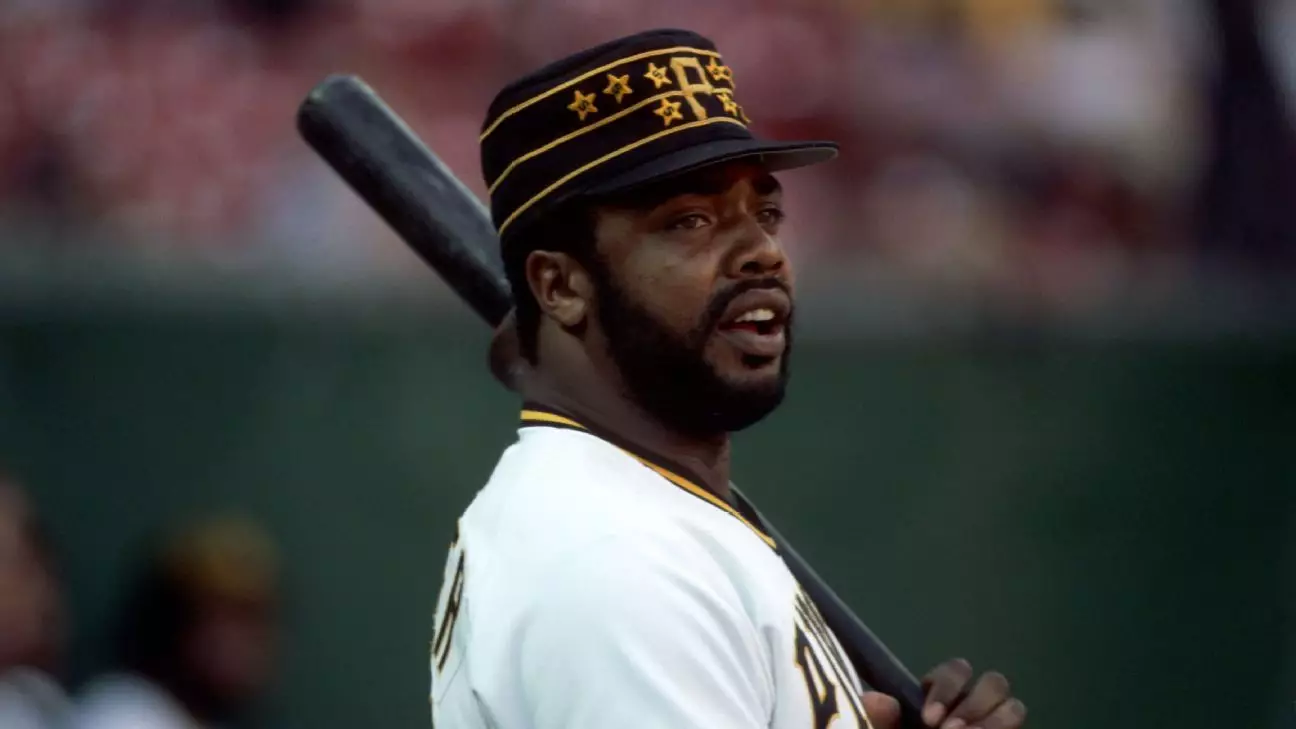Baseball fans rejoiced as two of the sport’s most impactful figures, Dave Parker and Dick Allen, were recently announced as the newest inductees into the Baseball Hall of Fame. This posthumous recognition and honor has long been due for both players, whose legacies continue to resonate within the sport even years after their eras on the diamond. Parker and Allen symbolize not just athletic prowess, but also the profound stories of resilience, passion, and, in many respects, the complexities of their journeys through the game.
Dave Parker, affectionately nicknamed “The Cobra,” shone brightly in Major League Baseball from 1973 to 1991. Over his distinguished career, he achieved impressive statistics: batting .290 with 339 home runs and driving in 1,493 runs batted in (RBIs). His prowess allowed him to earn a spot on seven All-Star teams and culminated in him winning the National League MVP award in 1978, a year that epitomized his remarkable talent, when he batted .334, hit 30 home runs, and amassed 117 RBIs.
On the other hand, Dick Allen, who left this world in 2020, was a fearsome slugger who competed with equal vigor, hitting .292 over his career, accumulating 351 home runs, and driving in 1,119 RBIs. Both players garnered acclaim as seven-time All-Stars, but their contributions went beyond mere statistics; they played pivotal roles in their teams’ successes, most notably in World Series championships.
The Classic Baseball Era Committee, which evaluates players whose contributions peaked prior to 1980, regarded Parker and Allen as two standout candidates among numerous distinguished finalists. With 14 out of 16 votes for Parker and 13 for Allen, their inductions were a testament to their significant impact on the game and the collective acknowledgment of their talents by their peers.
The journey to this prestigious honor wasn’t devoid of struggle. Dave Parker’s career was marked by severe hurdles, including substance abuse issues, injuries, and weight problems that clouded the middle years of his playing days. Returning to the Cincinnati Reds in 1984, Parker faced challenges head-on, revitalizing his career by finishing second in the MVP vote in 1985. His powerful arm—often celebrated and most memorably showcased during the 1979 All-Star Game—also became a hallmark of his legacy, a symbol of an athlete who overcame adversity and remained a fan favorite.
For Dick Allen, the road to recognition was equally tumultuous. He faced racial discrimination and was traded multiple times throughout his career, each incident adding to the complexity of his legacy. Allen’s remarkable performance amid the socio-political challenges of his time paints a compelling picture of a man who possessed undeniable talent but was often underestimated. His adjusted OPS+ of 156 puts him in a category of greatness alongside Barry Bonds and Frank Thomas, yet he struggled to achieve the Hall of Fame nod earlier, as his overall statistics were scrutinized.
As baseball continues to evolve, so too does the approach to evaluating players. Parker, with career statistics that may not align with modern analytics, found himself falling short of the Hall of Fame for years—peaking at just 24.5% during his appearances on the Baseball Writers’ Association of America (BBWAA) ballot. In contrast, contemporary metrics shine a brighter light on Allen, whose OPS+ adjusts his contributions to the offensive context of his era. This evolution highlights a growing acceptance of diverse metrics in ascertaining a player’s contribution to the game.
Their recent induction emphasizes the importance of recognizing a broader spectrum of contributions in sports. It invites fans to appreciate the multifaceted legacies that both Parker and Allen illustrated during their careers — not just through their home runs or batting averages but through their influence, resilience, and the stories they embody.
As Parker and Allen prepare to be inducted into the Baseball Hall of Fame on July 27, their stories serve as a reminder that greatness in sports is not exclusively defined by numbers. Their narratives encapsulate the spirit of perseverance, skill, and overcoming obstacles, aligning them in the annals of baseball history with reverence. The acknowledgment of their arduous journeys—and their induction into the Hall of Fame—encourages current and future generations to engage with the game on multiple levels, understanding that every player has a unique story that contributes to the rich tapestry of baseball.

